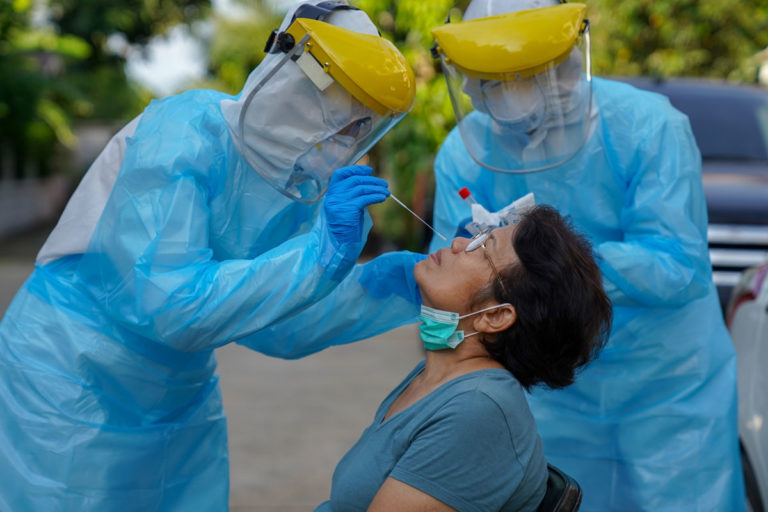The results of Nursegrid’s survey on the impact of the COVID-19 pandemic struck a chord with me. The points regarding burnout, a desire to leave the bedside, and frustration with the lack of nurses and ICU beds really hit home. However, I was surprised by the number of respondents who were skeptical of the COVID-19 vaccines. It shocked me that only 27.2% of respondents expressed a high level of comfort taking a COVID-19 vaccine. I view mass immunization as fundamental to overcoming the pandemic and was devastated to see so much hesitation among my nursing colleagues.
Throughout the pandemic I have worked as a telephone triage nurse, so I am one of many nurses who have chosen a professional path away from the bedside. Despite the fact that I haven’t been in the hospital since the pandemic began, I have definitely felt the effects of the crisis. I repeatedly speak to patients who are sick with COVID-19 and cannot get care at their local hospital. Many patients with COVID-19 are evaluated in the emergency room, subjectively report moderate to severe difficulty breathing, but are told that they are not “sick enough” to warrant an admission and are sent home. It is terrifying to triage a patient who is having a hard time breathing and is being denied medical care because of lack of beds or nurses.
The primary source of burnout for me is not being able to provide quality care to my patients. Frequently, patients call the nurse advice to determine if they should be seen in an emergency room or if they can wait and be seen in the doctor’s office the following day. It is incredibly frustrating to refer patients to the emergency room and be told that they have already been evaluated or that the wait time to be seen is several hours. Our healthcare system has not risen to the challenge of the pandemic. In many areas around the country, the only place patients can go for care is the local emergency room and community hospitals are under-equipped and overwhelmed.
In my opinion, nurses are doing their best to provide quality care to their patients but are hindered by a lack of resources and inadequate staffing. Analyzing the nursing professions response to the pandemic is an essential part of planning for the future. I sympathize with the nurses who are on the front lines in the hospitals and hope that more information about staffing and burnout comes to light so that we can adequately address the pitfalls of our healthcare system.
